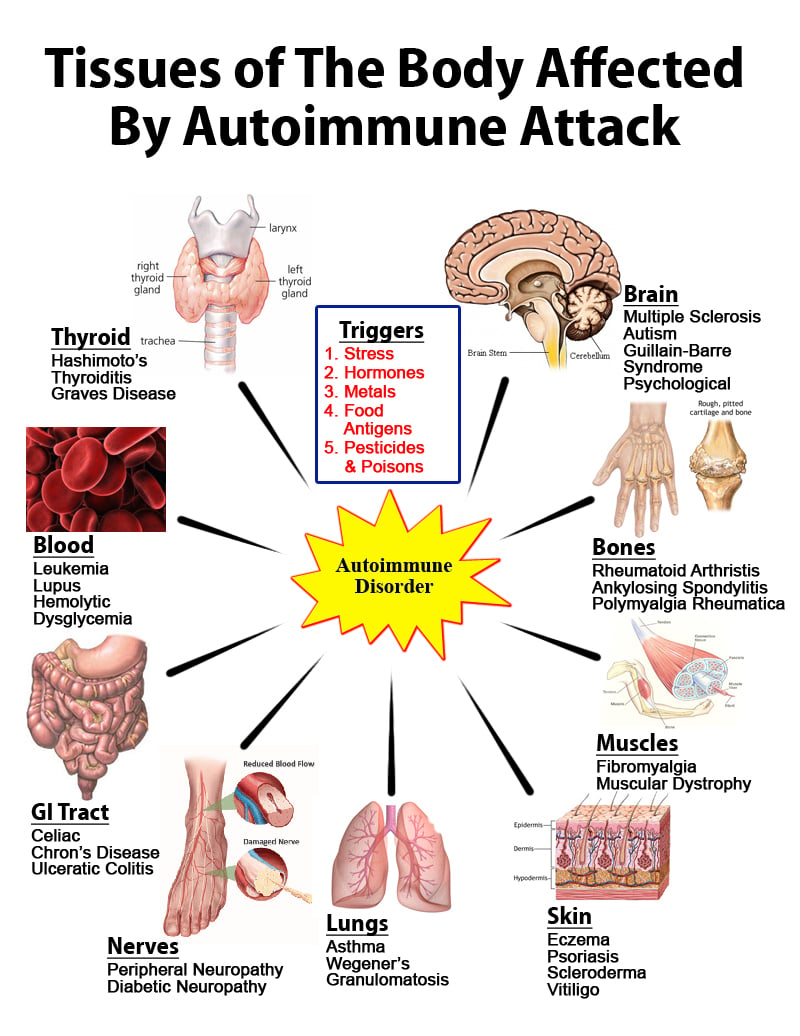From the Desk of Dr. Karl R.O.S. Johnson, DC.....
Can Chronic Knee Pain Be Helped Without Surgery, Shots or Drugs?
Posted by Dr. Karl R.O.S. Johnson, DC on Sat, Oct 04, 2014
Topics: inflammation, knee pain, "Dr. Karl R.O.S. Johnson, Chronic Knee Pain,
The Role Of Inflammation in Peripheral Neuropathy
Posted by Dr. Karl R.O.S. Johnson, DC on Sun, Aug 17, 2014
An article published in 2011 in the prestigious Regional Anesthesia and Pain Medicine Journal points out an important, yet often overlooked, aspect of peripheral neuropathy.
Topics: Dr. Karl R.O.S. Johnson DC, inflammation, Diabetes, peripheral neuropathy, Neuropathy, Functional Peripheral Nerve Restoration, Diabetic Neuropathy
Top 11 Best Anti-Inflammatory Foods To Thwart Autoimmunity
Posted by Dr. Karl R.O.S. Johnson, DC on Mon, Jul 28, 2014
When you are suffering with mysterious health challenges, including autoimmune issues such as Hashimoto's, Celiac disease, Scleroderma, Diabetes, vitiligo, etc., you need to know how to reduce inflammation. Using foods known to reduce inflammation at every meal and snack while also eliminating pro-inflammatory foods is a health promoting strategy that is easy to implement.
Topics: autoimmune, Hashimoto's, inflammation, celiac, anti-inflammatory, Vitiligo
How Statin Drugs Can Cause Inflammation, Depression and more
Posted by Dr. Karl R.O.S. Johnson, DC on Thu, Sep 19, 2013
The CoQ10-Statin Secret
By Ronald Grisanti D.C., D.A.B.C.O., D.A.C.B.N., M.S.The medical literature clearly shows that statin medications like Lipitor,Crestor, Zocor shut down the production of one of the most important nutrients in the body. And I am referring to Co-Enzyme Q10 (CoQ10).
Topics: inflammation, depression, Ubiquinone, Statin, Co-Q10, Cardiovascular, LDL, Hair Loss, Liver Disease
Why Low Thyroid Symptoms Can Be Affected By Blood Sugar Levels
Posted by Dr. Karl R.O.S. Johnson, DC on Tue, Mar 26, 2013
Dr. Karl R.O.S. Johnson, DC, Shelby Township, Macomb County Metro Detroit Area Doctor Shares How and Why Hypothyroid Symptoms Can Be Affected by Blood Sugar Levels
Let’s Take A Look At The Important Role Of Balanced Blood Sugar Levels And Your Low Thyroid Symptoms
Proper Blood Sugar levels are critical for anyone with low thyroid function. Normal blood glucose levels medically have a broad range of anywhere from 70 to 105. Functional or optimal blood glucose levels are 85 to 99. According to the American Diabetic Association, a blood sugar level reading of 106 to 126 is called, “Insulin resistance,” and anything above 127 is diabetes.
Topics: autoimmune, inflammation, Diabetes, Insomnia, Adrenal, Low Thyroid Symptoms
When Is A Food Really Gluten Free? How Do I Reclaim My Life?
Posted by Dr. Karl R.O.S. Johnson, DC on Sun, Sep 09, 2012
When is the color blue, NOT the color blue? Of course, it's when the color is purple...or does purple contain some blue. One could debate about color gradation for the good part of an hour, if one had the time to ponder such things. I for one, do not have the time to do so, nor the desire. However, I have been asked many times by my patients what gluten free really means. Unfortunately, if you get on the internet, you will find this area of discussion quite confusing. The term gluten-free is generally used to indicate a supposed harmless level of gluten rather than a complete absence of gluten.[1] The exact level at which gluten is harmless is uncertain and controversial, however. Depending on what country you reside, gluten free has varying definitions and hence the regulations for labeling a food gluten free varies too.
Topics: autoimmune, Cyrex Labs, gluten free, fibromyalgia, ADD, ADHD, psoriasis, eczema, inflammation, low thyroid, vertigo
Your Blood Type and AutoImmune Disease, Inflammation and Fatigue
Posted by Dr. Karl R.O.S. Johnson, DC on Sun, Oct 09, 2011
In order to maximize your health and reduce your chances of developing autoimmune diseases such as Hashimoto's, Celiac disease, rheumatoid arthritis, diabetes and other illnesses, it pays to know your blood type. Let's explore this concept in more detail.
Topics: autoimmune, Hashimoto's, inflammation, Blood Type, Diabetes, fatigue, Dr. Karl R.O.S. Johnson, Lectins










